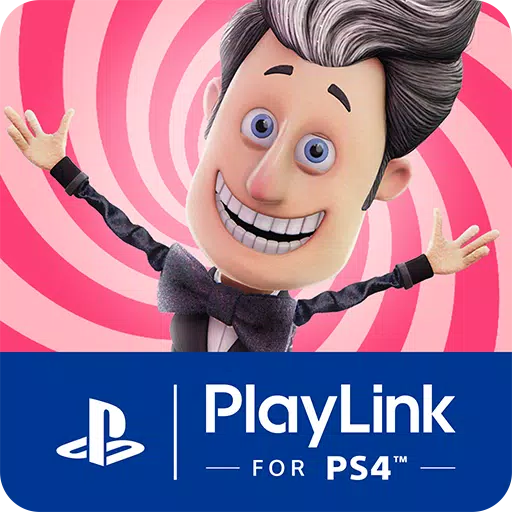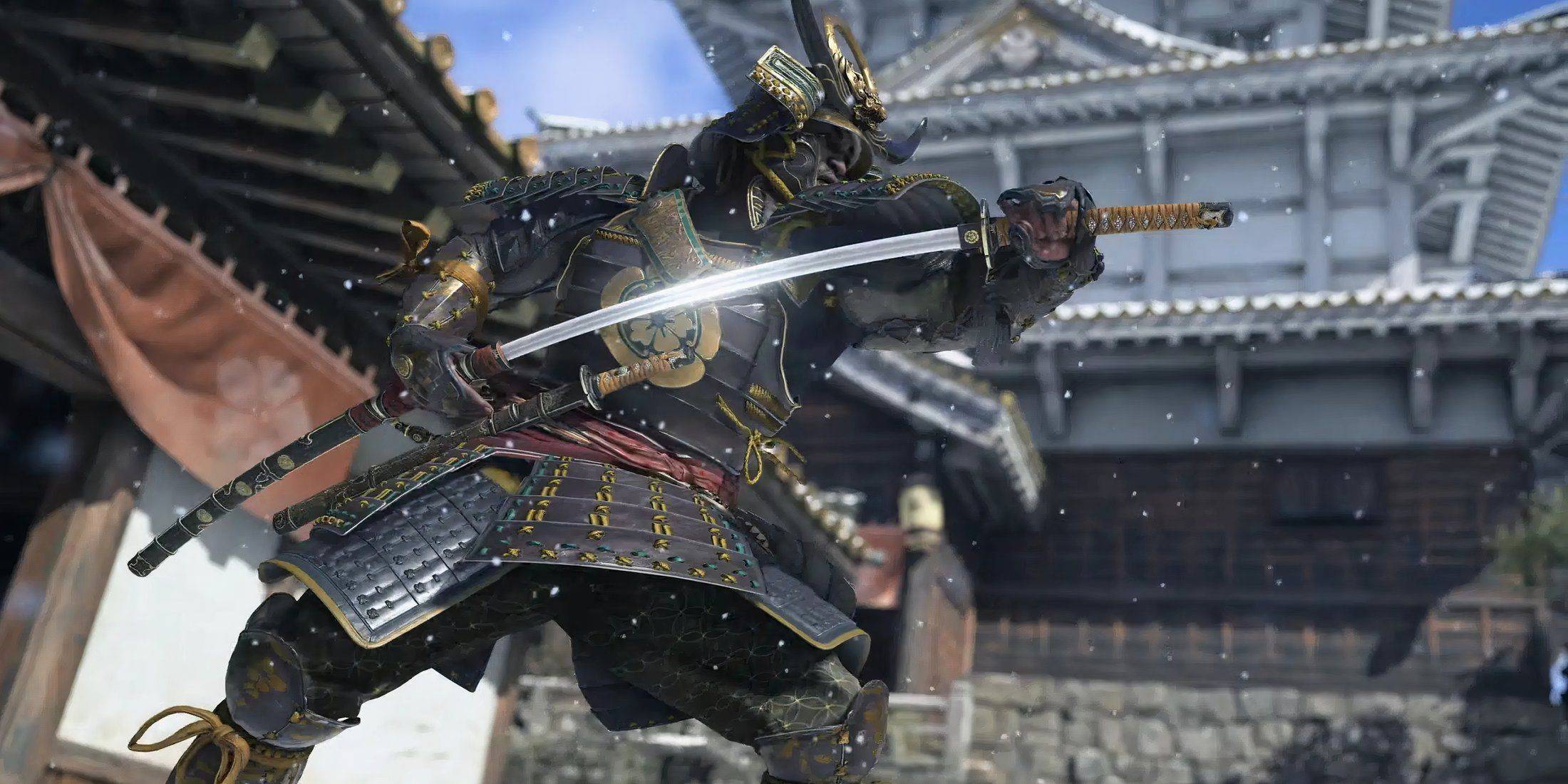Ubisoft has firmly stated that purchasing a game does not grant players "unfettered ownership rights," but instead provides a "limited license to access the game." This stance was articulated as the company moved to dismiss a lawsuit filed by two dissatisfied players of the racing game The Crew, following its shutdown last year.
Released in 2014, The Crew is no longer playable. Whether you own a physical or digital copy, the game became inaccessible when servers went dark completely at the end of March 2024. Ubisoft took steps to develop offline versions for The Crew 2 and its sequel, The Crew: Motorfest, allowing players to continue enjoying these titles. However, no such provision was made for the original game.
At the end of last year, two gamers took Ubisoft to court, arguing they were under the impression they were "paying to own and possess the video game The Crew instead of paying for a limited license to use The Crew." They likened their situation to buying a pinball machine only to find it stripped of essential parts years later.
As reported by Polygon, the plaintiffs accused Ubisoft of breaching California’s False Advertising Law, Unfair Competition Law, and Consumer Legal Remedies Act, as well as engaging in common law fraud and breach of warranty. They also claimed Ubisoft violated California's state law on gift cards, which are not allowed to expire. The gamers presented evidence showing that the activation code for The Crew was valid until 2099, suggesting to them that the game would remain playable well into the future.
Ubisoft's legal team countered these claims, stating that the plaintiffs believed they were acquiring "unfettered access to the game in perpetuity." They argued that consumers were clearly informed at the time of purchase that they were buying a license, not outright ownership. Furthermore, the packaging for Xbox and PlayStation versions included a prominent notice in all capital letters that Ubisoft could cancel access to specific online features with 30 days' notice.
Ubisoft has filed a motion to dismiss the case, but if unsuccessful, the plaintiffs are seeking a jury trial. Meanwhile, digital marketplaces like Steam have begun to explicitly inform customers that they are purchasing a license, not a game, following a new law signed by California governor Gavin Newsom. This law mandates clear disclosure but does not prevent companies from removing access to purchased content, though it ensures customers are aware of the nature of their purchase upfront.
 Home
Home  Navigation
Navigation






 Latest Articles
Latest Articles
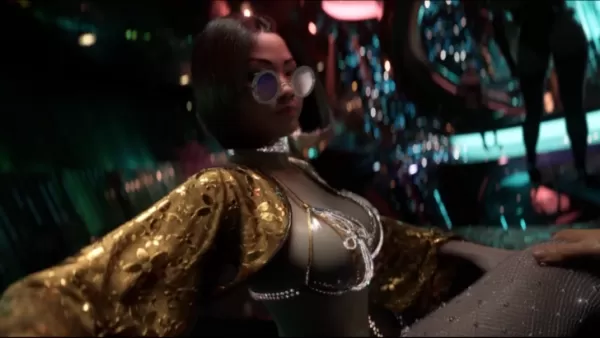
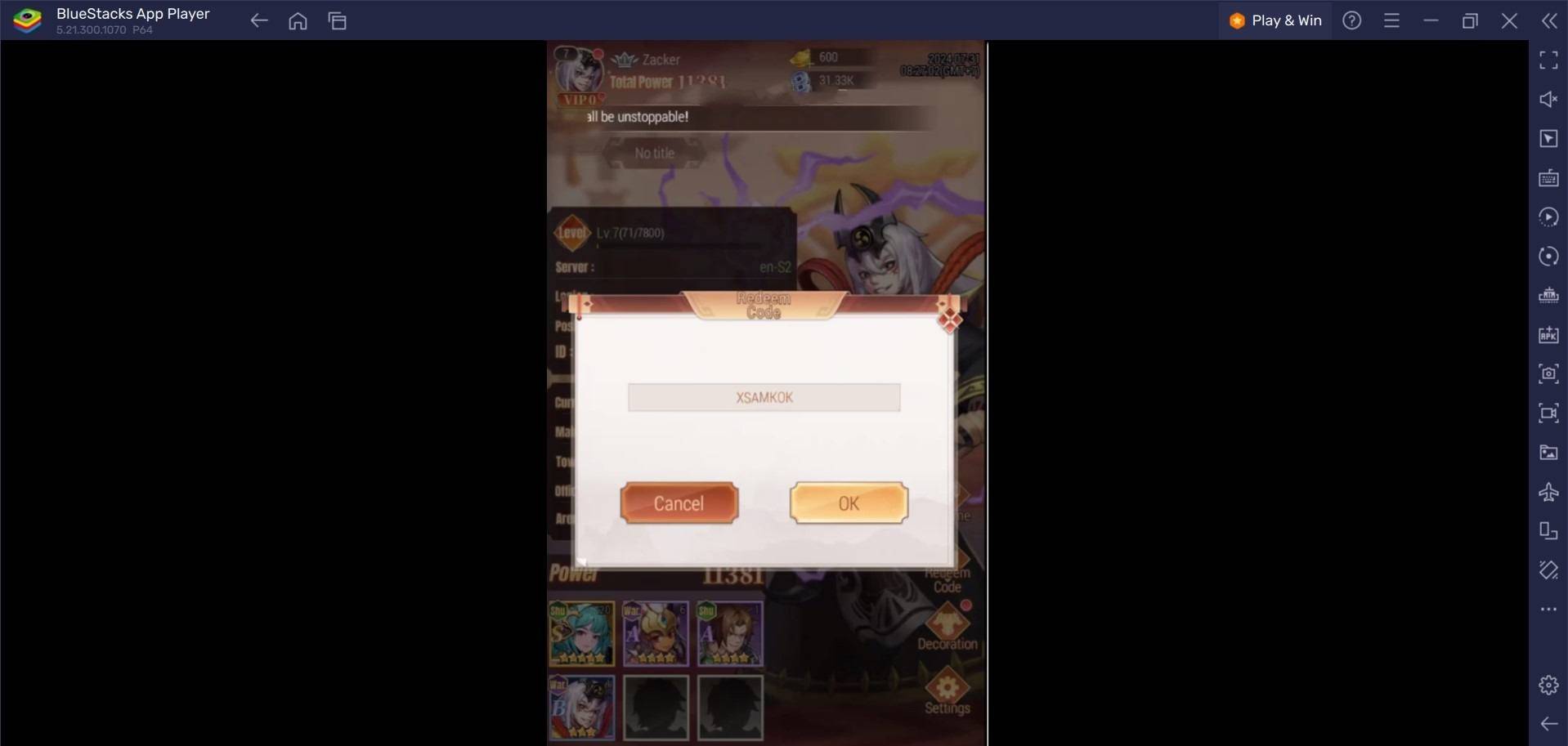





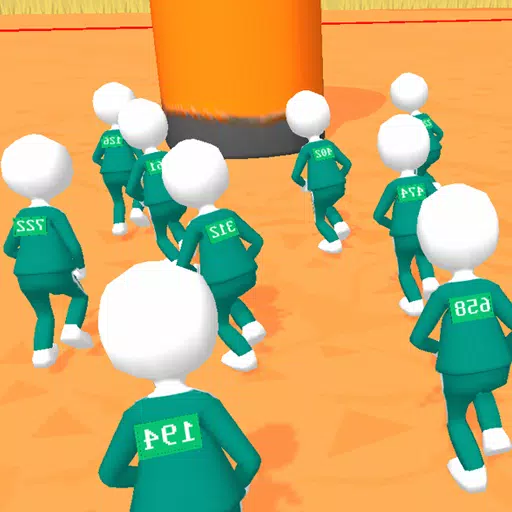


 Latest Games
Latest Games


